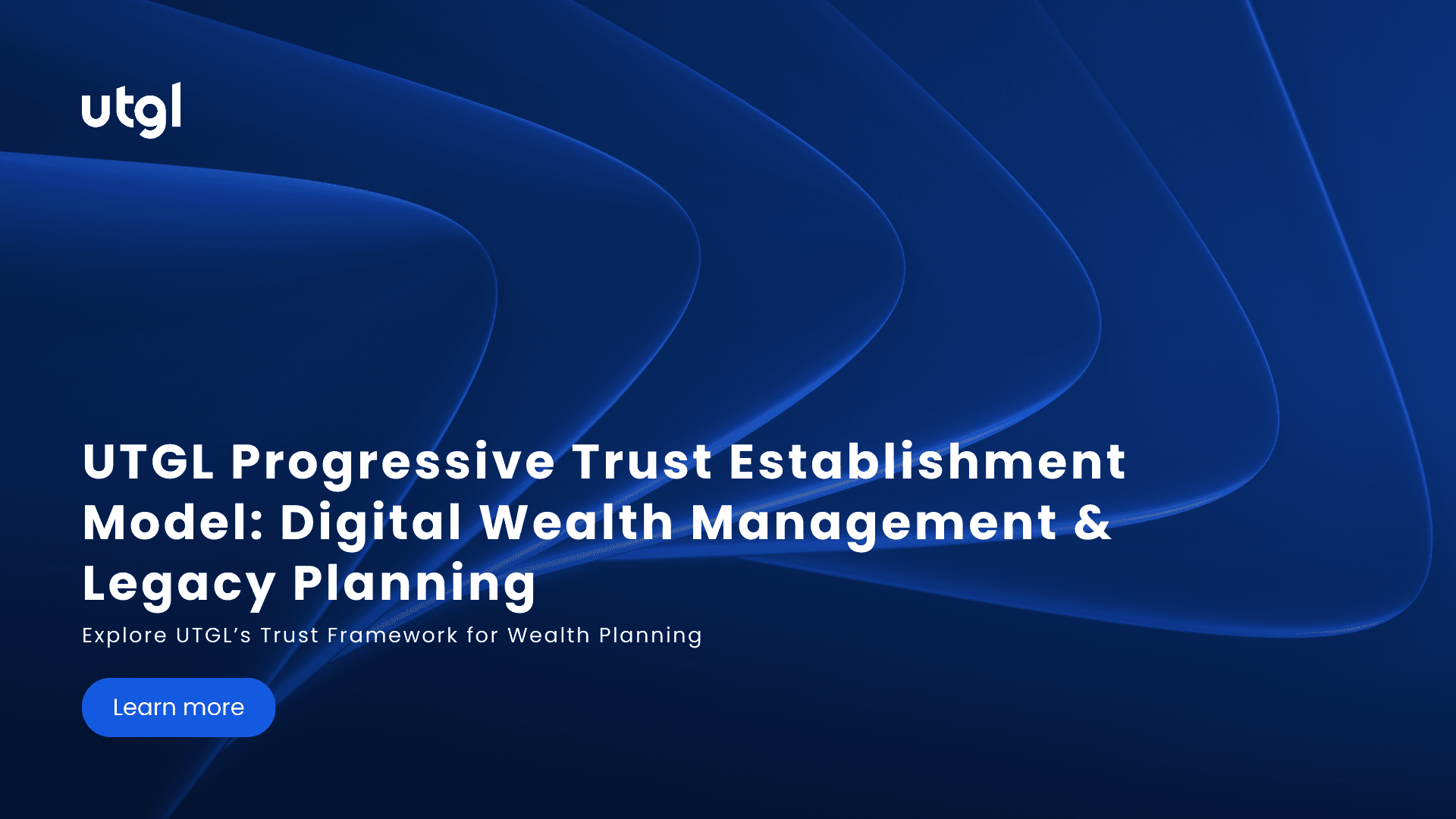TRUST
Sep 9, 2024
Table of Contents
What is Trust? And Why Should I Consider It?
Key Takeaways
Setting up a trust is a proactive way to protect your assets and ensure a smooth transfer to your loved ones:
Avoid Probate: Trusts bypass the probate process, allowing faster asset distribution.
Control and Flexibility: Specify how and when beneficiaries receive their inheritance, minimizing family disputes.
Privacy and Protection: Trusts keep your affairs confidential and safeguard assets from creditors.
Tax Advantages: Trusts can provide potential tax savings on estate, gift, and income taxes.
Thinking about the future of your finances after you're gone isn't always easy, and the risk of your assets getting lost because your family doesn't know where they are is a real concern. These are the realities we all face. The great news? You can protect your loved ones with a straightforward yet powerful step: setting up a trust.
What is Trust?
A trust is a legal arrangement where a person or entity (the settlor) transfers assets to another person or entity (the trustee) to hold and manage for the benefit of a third party (the beneficiary).
Trusts are incredibly effective, though they can seem complex at first. Don't worry—this article will demystify trusts, exploring their benefits, different types, and how to set one up. Dive in and discover how trust can make a world of difference for you and your family.
Trust vs. Will: What's the Difference?
When it comes to estate planning, two key tools often come into play: Will and Trust. While they both serve the purpose of distributing your assets after your passing, they operate in distinct ways.
Will tell your loved ones what to do with your assets after you're gone. It's a document that's reviewed and validated by a court, a process known as probate. Probate can be time-consuming and costly, potentially delaying the distribution of your assets to your beneficiaries.
Trust, on the other hand, is a legal arrangement that allows you to transfer your assets into the trust, with a professional licensed trust company to manage and control the assets for the benefit of the beneficiary (your family members). This tool is not subject to the probate process, which means the trust assets can speedy transfer to your loved one with less formality to go through like Will.
Trusting Tomorrow: How Does a Trust Provide Peace of Mind?
Beyond simply avoiding probate, trust offers a range of benefits that can make them an invaluable tool for estate planning:
Streamlined Estate Planning: Trust simplifies the process of distributing your assets, ensuring a smoother transition for your loved ones. They eliminate the need for probate court, saving time, money, and potential legal headaches.
Flexibility and Control: With trust, you have the power to specify how and when your loved ones receive their inheritance. This allows you to tailor the distribution to their individual needs and circumstances, giving you greater control over your assets even after you're gone.
Peace of Mind: Trust can minimize family conflicts by clearly outlining your wishes and preventing disputes over your estate.
Privacy: Unlike Will, which becomes public records during probate, trusts remain highly confidential legal arrangements. This ensures your assets and personal affairs are protected from unnecessary public scrutiny.
Asset Protection: Trust can shield your assets from creditors and lawsuits, protecting your wealth from potential financial risks.
Potential Tax Savings: Depending on the types of trust you establish, there may be tax advantages, such as reducing estate, gift, and income taxes.
Final Thoughts: Trust as a Cornerstone of Effective Estate Planning
In conclusion, establishing trust is a proactive step toward protecting your hard-earned assets and ensuring they are distributed according to your wishes. Trust offers significant advantages over Will, including streamlined estate planning, greater control over asset distribution, and enhanced privacy. By understanding the various types of trusts and their benefits, you can make informed decisions that align with your financial goals and family needs.
While the complexities of trust may seem daunting, the peace of mind that comes from knowing your legacy is secure and your loved ones are cared for is invaluable. As you consider your estate planning options, remember that trust not only simplifies the transfer of assets but also provides protection from creditors and potential tax savings. By taking the time to explore your options and consult with a professional, you can create a tailored estate plan that safeguards your legacy for generations to come.
RELATED ARTICLES




